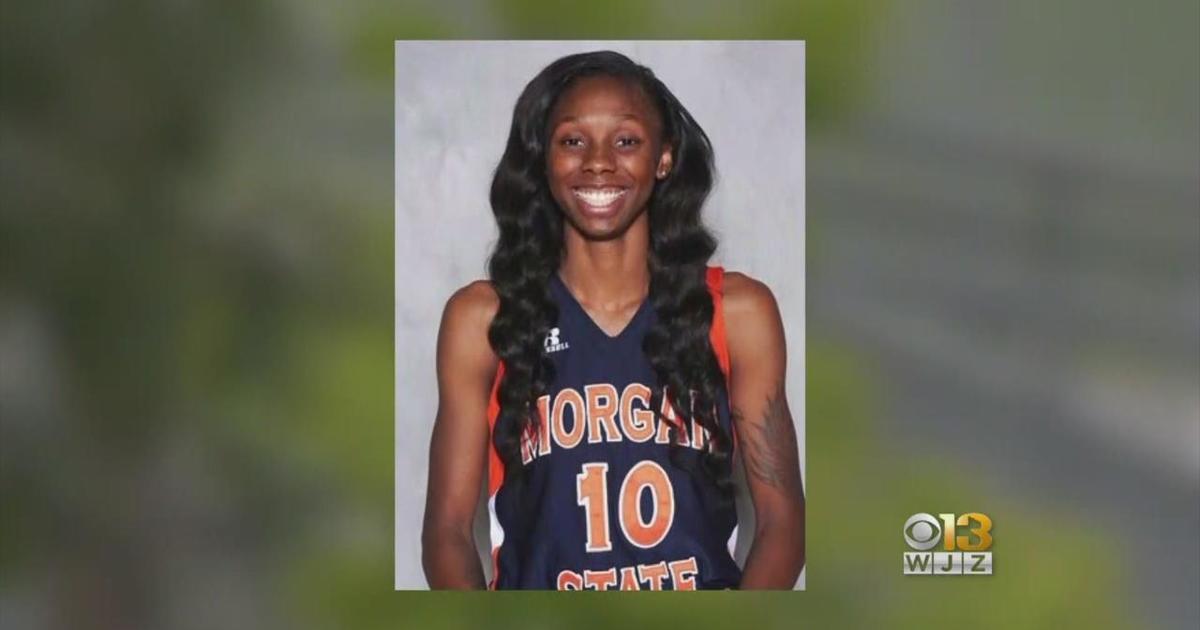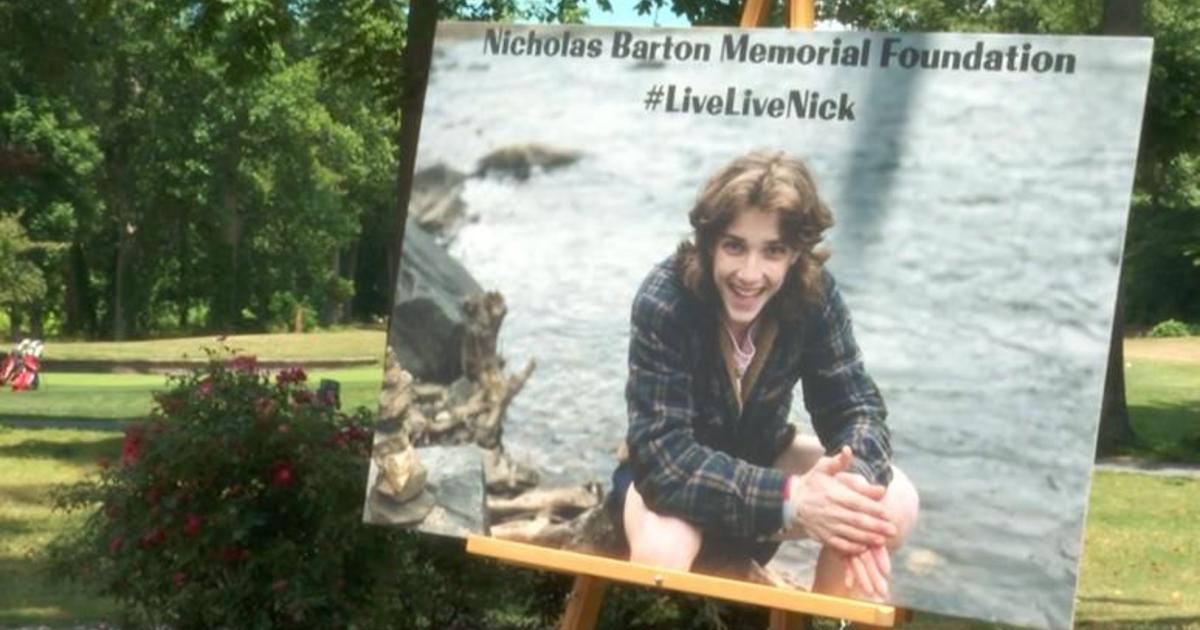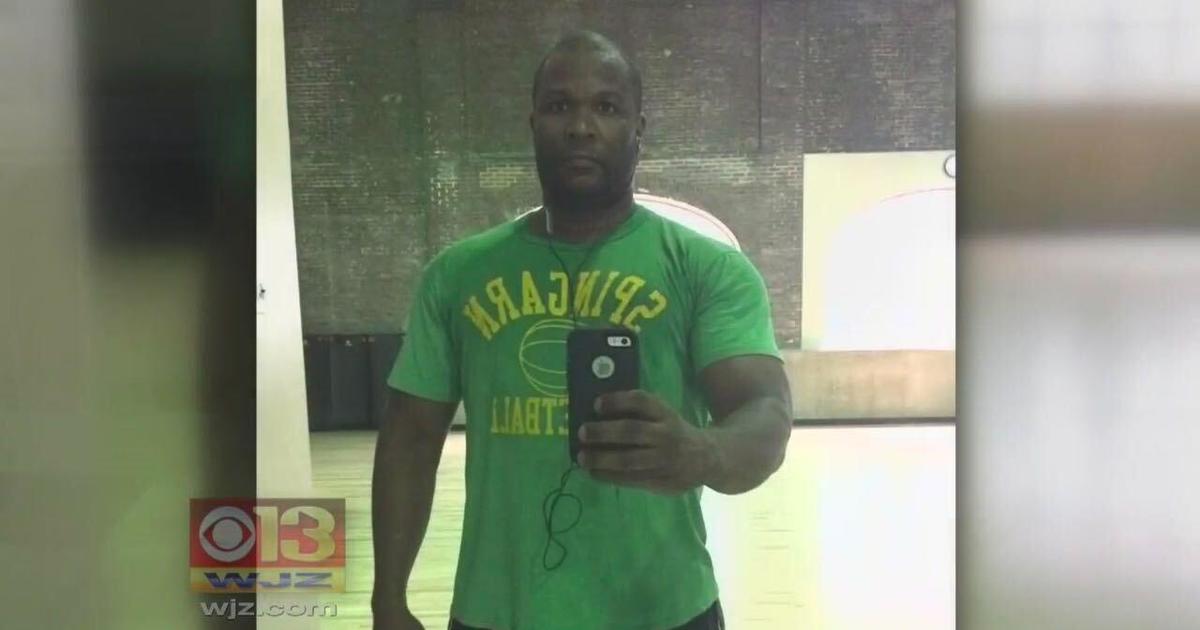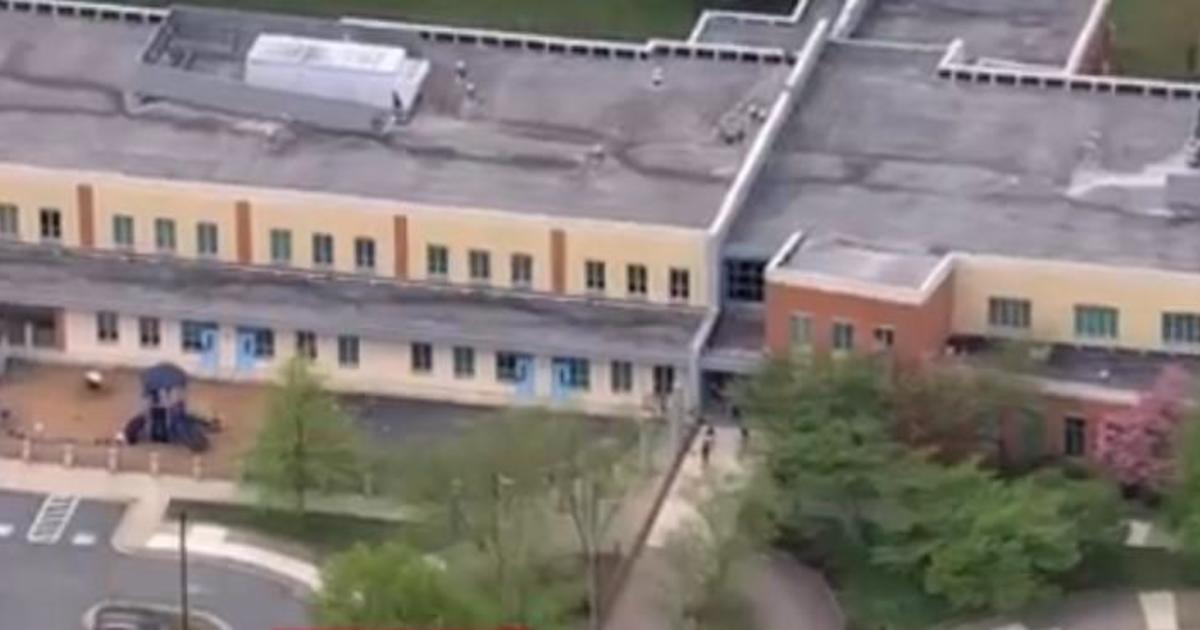Md. Man Will Wait Another Week For Retrial Verdict In 1975 Cop Murder
By JENNIFER ALLARD
The Star Democrat of Easton
EASTON, Md. (AP) -- More than 35 years after his initial conviction, a western Maryland man will have to wait another week to hear a judge's verdict in a retrial of his December 1975 murder case.
Merle W. Unger Jr. stood trial anew Monday in Talbot County for the alleged murder of an off-duty police officer who interrupted and pursued him during an alleged armed robbery attempt in Hagerstown in December 1975.
Following a court trial Monday in Talbot County Circuit Court, Judge Brougton M. Earnest Jr. said he would prepare a written verdict in the case and set June 18 for the verdict hearing.
Found guilty by a jury in 1976 for the felony murder of police officer Donald Kline, Unger was granted a new trial in 2012 by the Maryland Court of Appeals based on the grounds his jury received improper instructions from the judge in the original Talbot County trial.
Prosecutors allege Kline, who was off duty, caught Unger by surprise during an armed robbery of Kim's Korner grocery on Mulberry Street in Hagerstown and chased him into a back alley where there was a shootout between the two.
Kline was found wounded with three shots to his chest and soon after died at a nearby hospital. When police tracked down Unger, they found him in a nearby house, bleeding from gunshot wounds inflicted by Kline.
From the beginning, Unger has maintained his innocence and again has pleaded not guilty to first-degree murder, armed robbery and handgun use in a violent crime.
Unger and defense counsel Daniel Ginsburg agreed in a motions hearing May 28 to a trial by stipulated evidence, or a "finding of facts" plea offer with state's attorney Joseph Michael. In the plea, Unger waived his right to a trial by jury and to testify on his own behalf. The attorneys argued the case based solely on transcripts from the original trial.
Both sides presented Earnest with the exhibits to be used as evidence in the trial.
Of particular note, the defense argued that the doctors who determined Kline's cause of death, Dr. Richard Oakely, a general surgeon who operated on him after he was brought to the hospital (which the prosecution pointed out was only "blocks away" from the alleged crime scene), and Dr. Edward Ditto, a family practitioner, who performed his autopsy, were never established as "forensic experts" and could not absolutely verify in court in 1976 their statements were fact "with a reasonable degree of scientific certainty."
Earnest said because the prosecution and defense in the original trial overlooked the particular legal language of the doctors, he would sustain the motion and only admit as evidence their statements that could be proven as fact, such as the details of the three bullets that were removed from Kline's body, the first taken when he lay bleeding out from a chest wound and the last two removed post-mortem, all of which were found in Kline's chest cavity.
Much of the evidence used in Unger's 1976 trial has since disappeared, such as photographs of a ski cap used by the suspect in the robbery and a picture of where the murder weapon and ski cap were found at the scene of the crime -- any proof of their existence comes from the original trial transcripts.
Ginsburg did not object to the state's submissions but later argued that the missing evidence, including a photograph of receipts for the $1,714 cash and various checks and money orders taken from the owner of the Kim's Korner grocery store in the robbery, gave reasonable doubt as to the exact identity of the suspect or proof of Unger's connection to the crime.
Earnest admitted the misplaced evidence was due to "the passage of time and no fault of the state's." He told Ginsburg the defense had the opportunity in the past trial to argue any of its relevance connecting him to the crime but did not; therefore the state's submissions could be used in the current trial.
The defense also attempted to argue against the admission of any ballistics evidence, all of which, with the exception of Kline's .38 Colt Python revolver and the .25 caliber semi-automatic pistol murder weapon, presented to the judge encased in a memorabilia-filled shadow box, appeared to have disappeared or been destroyed on Feb. 4, 1981. Ginsburg argued that while the prosecution had called as an expert witness Evan Hodge, a special agent with the Federal Bureau of Investigation at the time of the original trial, Hodge could not provide any conclusive testimony without the state's evidence.
Ginsburg objected to the submission of testimony from witnesses who were since deceased, but Earnest dismissed his objections, saying the state had provided ample evidence proving their witnesses' unavailability and/or death.
Earnest said perhaps the most worrisome argument the defense made concerned Unger's verbal and written statements taken by Lt. Paul Metzner, who interrogated him in 1975. Ginsburg said Metzner made promises to arrange a visit from Unger's jailed girlfriend, Cheryle Maley, and to drop shoplifting charges held against her in exchange for his statement. Metzner lived up to those promises, said Ginsburg.
Ginsburg also said Metzner questioned Unger when he was weak from his wounds and subsequent surgery and allegedly sedated for pain and failed to bring him before a court commissioner in a timely manner so that Unger understood his charges and his rights. Ginsburg said Unger's statements should not be used because they were made based on "improper promise" and therefore not "voluntarily."
Michael argued Metzner made no promises to Unger before Unger made his initial statement, in which he claimed he had knowledge of the ski mask found at the crime scene. At that point Unger told Metzner he did not want to say anything more until he talked to his girlfriend. Because Metzner obtained a statement connecting Unger to the crime before any promises of help were made, at the very least the original "ski mask" statement should be admissible, said Michael.
Though the court of appeals previously answered and overturned the defense's objections to the use of Unger's oral and written statements, said Earnest, he found the fact Metzner went to such extremes to assist Unger, including having his girlfriend's charges dropped, troubling. He sustained the defense's objections and said he would judge the case based on Unger's statements to Metzner before any deal was made.
Based on what the defense said were technical points, Ginsburg closed by asserting the state could not provide sufficient proof that it was Unger who killed Kline, that Unger's statements were not made voluntarily and could not allow for a finding of criminal agency, that the state had offered no physical exhibits linking Unger to the crime, that the murder weapon had no fingerprints and Unger's statements regarding the handgun could not be used to prove it was the murder weapon. All of this, said Ginsburg, added up to reasonable doubt.
But Michael argued Unger's action, the robbery, led to the death of Kline regardless of when or how. "Did this defendant, in the course of committing a felony, cause the death of an officer?" he asked the court. "The facts are almost absurd in looking at superceding cause. They are the foreseeable consequence of (Unger's) initial involvement in the crime. Clearly Officer Kline died because this defendant robbed a store."
Earnest denied the defense's motion for an acquittal. Ginsburg, after again reviewing what he said were inadmissible facts, asked the judge to consider a not guilty verdict for Unger.
"I think this case deserves a written decision, particularly in light that the state has asked me not to consider any (oral or written) admission (of Unger's) that is incriminating with the exception of the ski mask," said Earnest.
Earnest scheduled a verdict hearing for June 18 and accepted the state's request that Unger again be present to hear it.
------
Information from: The Star Democrat of Easton, Md., http://www.stardem.com
AP-WF-06-11-13 1818GMT
(Copyright 2013 by The Associated Press. All Rights Reserved.)



